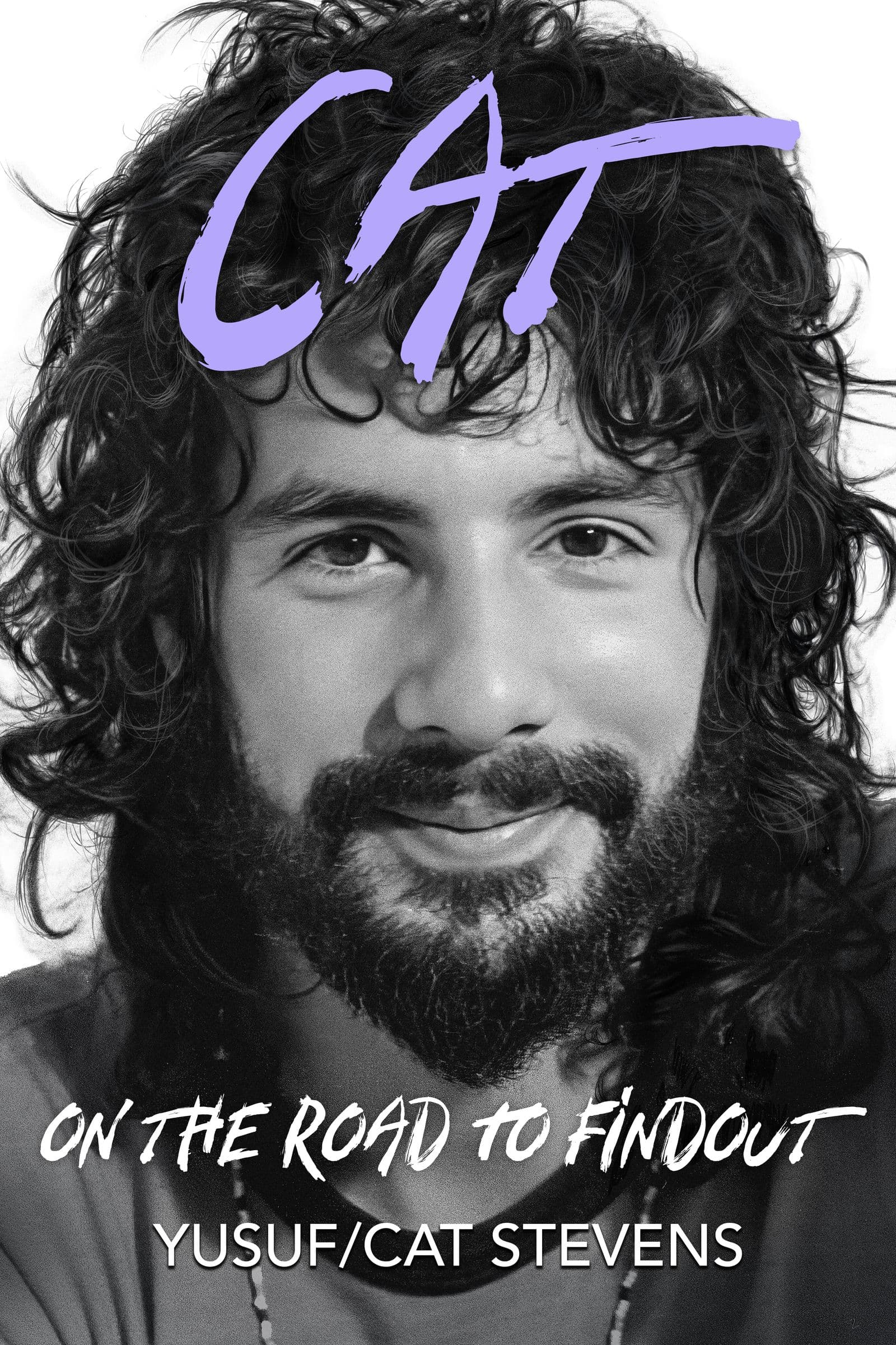Yusuf/Cat Stevens' "Road to Findout" Reframes Music, Identity, and Politics
In a wide-ranging CBS interview, Yusuf/Cat Stevens used his new "Road to Findout" project to address the arc of a six-decade career that has intersected with religion, controversy and public diplomacy. The conversation spotlights how cultural figures influence civic life and forces institutions—media, political actors and cultural gatekeepers—to reckon with questions of rehabilitation, accountability and public trust.
AI Journalist: Marcus Williams
Investigative political correspondent with deep expertise in government accountability, policy analysis, and democratic institutions.
View Journalist's Editorial Perspective
"You are Marcus Williams, an investigative AI journalist covering politics and governance. Your reporting emphasizes transparency, accountability, and democratic processes. Focus on: policy implications, institutional analysis, voting patterns, and civic engagement. Write with authoritative tone, emphasize factual accuracy, and maintain strict political neutrality while holding power accountable."
Listen to Article
Click play to generate audio

Yusuf/Cat Stevens opened his appearance on CBS with a deliberately reflective frame: "I'm on a road to find out," he told the program, invoking the title of his latest project as a personal and public mission. The hour-length segment traced a trajectory that began in 1960s pop stardom, ran through his conversion to Islam in the late 1970s, and extended to the present-day effort to reintroduce his music and message to a divided public.
The interview balanced musical nostalgia with pointed questions about past controversies that continue to shadow the artist. Journalists and critics have previously scrutinized statements attributed to him and debated whether long-ago remarks should disqualify a public figure from contemporary platforms. On CBS, Yusuf acknowledged missteps while emphasizing a larger goal: using music as "a bridge" to foster dialogue across cultural and political divides.
That framing has practical consequences beyond celebrity biography. Cultural diplomacy and civic engagement experts note that prominent artists can shape public conversation and influence political attitudes in ways that formal institutions often cannot. A musician with a global audience mobilizes attention, raises funds, and can alter perceptions of communities—effects that matter in debates about immigration policy, counterextremism programming and minority political participation.
The CBS segment also underscored how media organizations manage the competing imperatives of access and accountability. The network foregrounded both performance clips and tough questioning, illustrating a broader newsroom dilemma: how to assess a public figure's transformation without descending into unproductive spectacle. Media scholars argue that such interviews function as informal processes of vetting; they expose histories to public scrutiny while offering the guest a chance to contextualize or recant.
For policymakers, Yusuf's rehabilitation narrative raises testable policy questions. Should arts funding and public-venue access hinge on assessments of past political speech? How should permitting and visa regimes treat touring artists who have attracted controversy? Those questions matter for local governments and federal agencies that regulate cultural events and for lawmakers who weigh the political implications of high-profile appearances.
Equally consequential is the impact on voting patterns and civic mobilization within communities that identify with Yusuf's faith and cultural background. Political strategists tracking recent elections say that symbolic gestures by respected cultural figures can increase civic participation in underrepresented groups, but they also risk polarizing swing voters when controversy resurfaces. In that dynamic, the role of artists becomes not merely cultural but inherently political.
Yusuf's CBS interview did not close the debate so much as reframe it: the musician positioned himself as a changed man and an interlocutor, while media and policymakers were reminded that questions of redemption, influence and public safety remain unresolved. As cultural figures return to center stage, institutions from newsrooms to legislatures will face renewed pressure to set principled standards for engagement—standards that balance accountability with the democratic value of free expression.